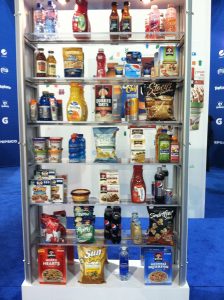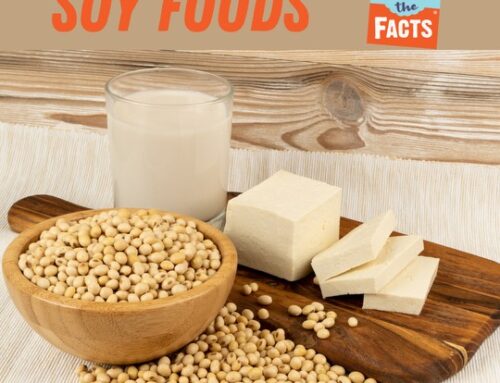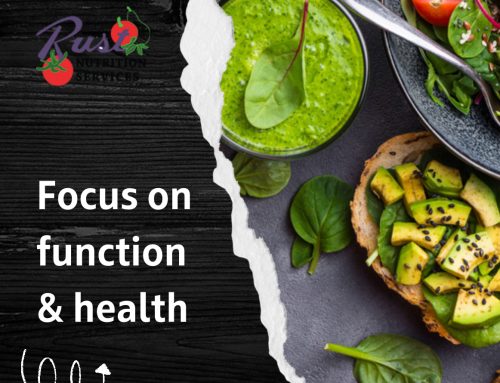When I took my first Food Science course during my undergraduate clinical dietetic studies, I thought “Cool. Maybe this is what I want to do.” Turns out, that while I love the scientific method, I was intrigued by food technology, and I love to write, I decided to stick with clinical nutrition instead. But I still love food.
I co-authored two cookbooks about diet and health which use both whole, fresh foods, and some packaged foods. The message: Cook. Eat more real food. Find new ways to cook vegetables. Add tasty variety to your diet. Consider how your diet impacts your health. While I believe in the important role diet plays in reducing disease risk, after years of working in a variety of clinical and community nutrition settings, I’m now finding that I’m turning back to my old interest: Food and technology.
That being said, while I cook for my family and encourage you to do the same, I also use some packaged foods, and snack on some convenience foods, and allow my family to eat some “junk food”. I really wouldn’t want to live without these conveniences either.
There’s an opportunity to learn a lot each year at the Academy of Nutrition and Dietetics Food and Nutrition Conference and Exposition (FNCE). Every year, there’s some media play about the sponsors of this event, particularly Coca Cola and Hershey (even though there are many other sponsors). Of course there’s also a reality that to put on a conference of this magnitude (around 10000 attendees), you need money. That’s what sponsors do.
When reading the spin, keep in mind, this is a food and nutrition conference, and registered dietitians are food and nutrition experts. Food is part of our profession, and “food” in America is abundant. There’s both fresh (fresh produce, fresh herbs, fresh meats, fresh fish and poultry, fresh baked goods) and processed food in the marketplace.
The RD credential is open for ridicule and judgement from time to time because there seems to be this idea that all dietitians should be skinny and eat some definition of a “perfect” diet (plant-based and the same should be recommend to all of their clients). We’re judged based on how we look and eat. Imagine if other professions were judged this way?!
The profession has such a vast scope of practice.Those attending FNCE may work in clinical nutrition (hospitals, nursing homes, research), school and hospital food service, as freelance writers, in food purchasing, as chefs, as a product spokeperson, in food processing, and in a multitude of other specialties. Many dietitians practice what they preach, but eating habits are a struggle for many, just as it is for “other people”.
So when you read the spin in the news media such as: “Country’s largest nutrition organization sells out to Coke and Pepsi”, or the like, consider the scope of practice. There is balance within our profession, and when clients ask us about foods found in their grocery stores, we need the facts on products available in the marketplace. I’m glad that the Academy provides an opportunity to explore new foods on the market.

Other fun facts.
Did you know?
- Quaker is owned by Pepsico? As is Tropicana orange juice? Both can provide essential nutrients to the diet.
- Coca Cola makes Minute-maid orange juice, Dasani bottled water, and Odwalla juice drinks (smoothie-type juice drink without artificial colors, flavors or GMO ingredients)?
- Other companies, such as Del Monte, ConAgra, Jamba Juice, and the North American Olive Association, also sponsored the event.
Without sponsors, large conventions such as this simply can’t happen. They’re an important part of professional life. No matter how hard the media may try to make the food industry the bad guy, it does play a real role in our everyday food supply. It’s your choice to eat a healthy diet. What do you think about sponsorships?




